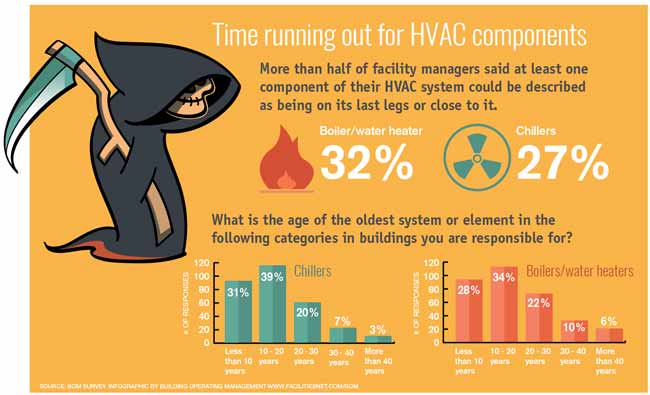Exploring The Ecological Advantages Of Warmth Pumps - A Lasting Home Heating Service
Exploring The Ecological Advantages Of Warmth Pumps - A Lasting Home Heating Service
Blog Article
Write-Up Author-Hinrichsen Bech
In an era where sustainability and power effectiveness are extremely important, several organizations seek green heating options. One such remedy is the heat pump.
A heat pump extracts the warm in its surroundings and pumps it right into your home, leading to among one of the most effective environment-friendly central heating systems around. This process also creates zero greenhouse gas emissions, making it an extremely sustainable innovation.
Power Efficiency
Heat pumps are very energy effective and call for little maintenance. They use less electrical power than other heater and are by far the most eco-friendly. They function well with roof solar and can usually spend for themselves in utility cost savings alone.
They can additionally give air conditioning, which is fantastic for garage workshops, attic hangouts and bonus offer areas, and home enhancements without prolonging the existing ductwork. They can also be made use of for retrofits in existing homes with hydronic (water-based) distribution systems such as low temperature level radiators or radiant floorings.
Look for models with SEER and HSPF rankings that fulfill or go beyond copyright's minimum criteria, along with the requirements in your area. Higher scores indicate greater efficiency, which saves you money over time and lowers your carbon impact. You could also get approved for rebates and rewards! The most effective systems are those with a ground warmth exchanger for included effectiveness. These systems can soak up thermal power from the ground throughout the wintertime and extract it in the summer season.
Reduced https://www.thedrive.com/reviews/28651/best-ac-recharge-kits
Heatpump operate on electrical power and basically transfer heat from the air, even when it's cool exterior. They are able to extract the complimentary heat caught in air bits and relocate them inside your home, minimizing moisture while doing so.
Compared to gas heating systems, contemporary heat pumps use less than one kilowatt of electrical energy per kilowatt of heating power they generate. This makes them one of the most energy efficient heating option available with a POLICE OFFICER (Coefficient of Performance) of four or even more. By slashing the demand for nonrenewable fuel sources, heat pumps help in reducing greenhouse gas exhausts and cut various other major air contaminants.
Building decarbonization is an international critical, and the heating and cooling market is an essential driver of that process. Whether it's investor making web absolutely no dedications, policy makers setting exhausts limitations, or occupants requiring greener areas, electric heatpump are being identified as a necessary option. They are a cost-effective way to reduce carbon exhausts by getting rid of the requirement for nonrenewable fuel sources in buildings.
Adaptability
Heatpump can be utilized in several types of homes and structures-- with or without ducts. They deal with hot-water radiators, air-conditioning and programmable thermostats. They can change heaters or be installed in new houses. They can run on solar panels, geothermal systems and even district heating sources like wastewater.
They're excellent at supplying more warmth per energy unit. For example, an air-source heat pump generates as much as 3 or more home heating systems from each electrical power device it eats.
Getting the most from your heatpump will certainly depend upon your climate area and high quality of insulation. Look for versions with ENERGY STAR rankings and contrast their SEER or HSPF specifications. In warmer environments, concentrate on SEER; in chillier areas, think about a system with a higher HSPF rating. In addition, invest in air securing and insulation to decrease the lots on your heat pump. That will improve power performance and help you reach your Net Zero objectives quicker.
Biomass Boilers
Biomass boilers use wood pellets, chips or logs to create warm and warm water. They are an excellent selection for off-grid residential properties or those who want to get off the gas grid.
As a standalone heating system, biomass can supply enough energy to keep your home cozy all year round without the normal warm drop off of various other renewable technologies. They can likewise be utilized combined with solar panels to maximise savings and benefit from RHI payments.
A drawback of these systems is the upfront expense and regular gas distributions. Frequently, best large air conditioner nz will certainly require to be blown right into a gas store making use of a vacuum system or they can be manually fed right into the boiler with a hopper. Logs are normally self-sourced from close-by timberland or purchased wholesale. Along with this, they need hands-on loading and might need cleansing on a regular basis.